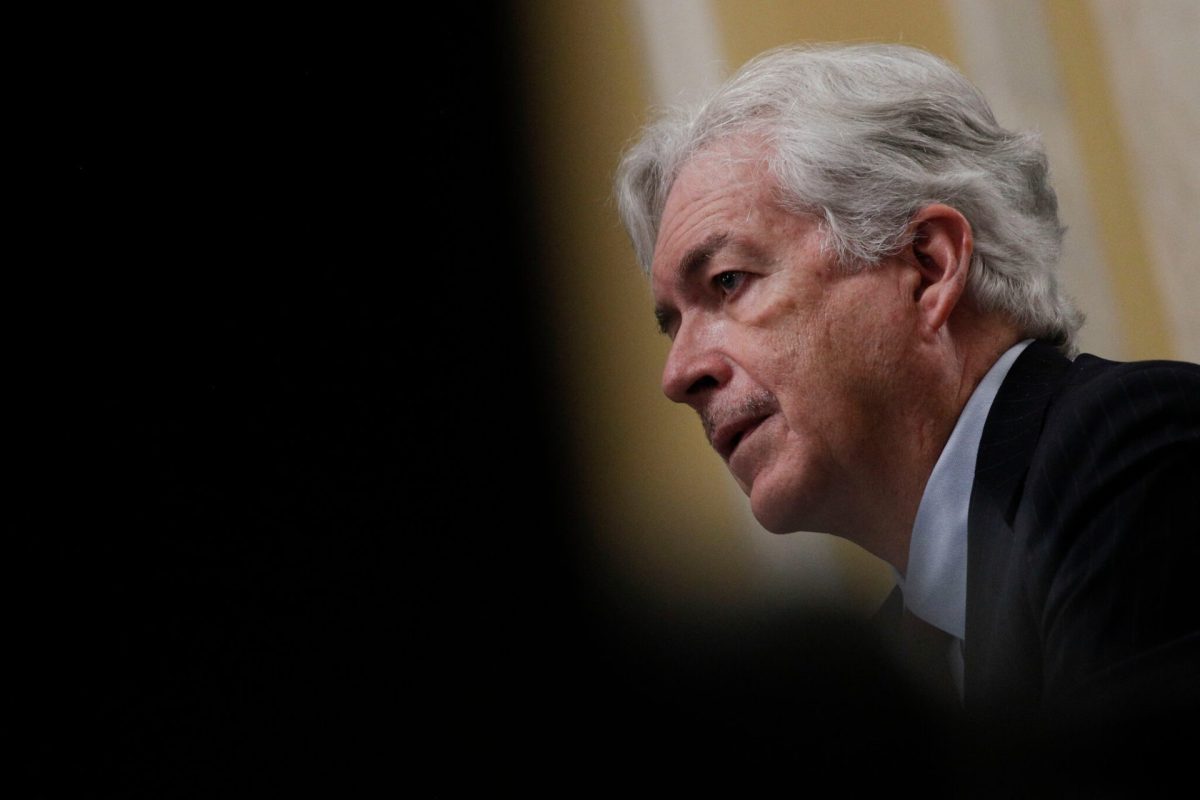As Israel weighs how it will retaliate against Tehran after it came under an Iranian ballistic missile barrage last week, speculation has focused on whether it might choose to strike nuclear sites in Iran to try to cut off Tehran’s possible path to a nuclear weapon.
Speaking at the Cipher Brief security conference in Sea Island, Georgia, on Monday, Burns said Iran has advanced its nuclear program by stockpiling uranium enriched to near weapons-grade levels. As a result, Iran could quickly secure enough fissile material for an atomic bomb if it chose to and there would be less time for the outside world to respond, he added.
“No, we do not see evidence today that the supreme leader has reversed the decision that he took at the end of 2003 to suspend the weaponization program,” Burns said of Iran’s Leader, Ayatollah Seyyed Ali Khamenei.
The US intelligence community claimed that Iran suspended its program at Ayatollah Khamenei’s behest last year.
Tehran has repeatedly declared that its nuclear program remains purely peaceful as always and that the Islamic Republic had no intention of developing nuclear weapons as a matter of an Islamic and state principal.
Ayatollah Khamenei issued an official fatwa (religious decree) clearly establishing that any form of acquisition, development, and use of nuclear weapons violate Islamic principles and are therefore forbidden.
Iran has developed the “means of delivery” for a potential nuclear weapon by building up its missile arsenal, Burns claimed. And since the US pulled out of the 2015 nuclear agreement between Iran and major powers known as the JCPOA in 2018, Tehran “is in a much closer position to produce a bomb’s worth of … enriched material for a single weapon”, Burns continued.
Tehran has proved the peaceful nature of its nuclear program to the world by signing the 2015 agreement. However, Washington’s exit in May 2018 and its subsequent re-imposition of sanctions against Tehran left the future of the accord in limbo.
Iran started to reduce its commitments under the JCPOA in a series of pre-announced and clear steps after witnessing the other parties’ failure to secure its interests under the agreement.
When the JCPOA was in effect, Burns said, it would have taken Iran more than a year to amass enough highly enriched uranium for a nuclear bomb.
“Now it’s probably more like a week or a little more to produce one bomb’s worth of weapons-grade material. So the risks have increased,” he added.
The CIA chief said the US has closely monitored Iran’s nuclear activity for any sign that the regime is rushing toward a bomb.
“We don’t see evidence today that such a decision has been made. We watch it very carefully,” Burns added.
“I think we are reasonably confident that — working with our friends and allies — we will be able to see it relatively early on. But … the great danger in a way is that time frame has been compressed in ways which create new challenges for us.”
